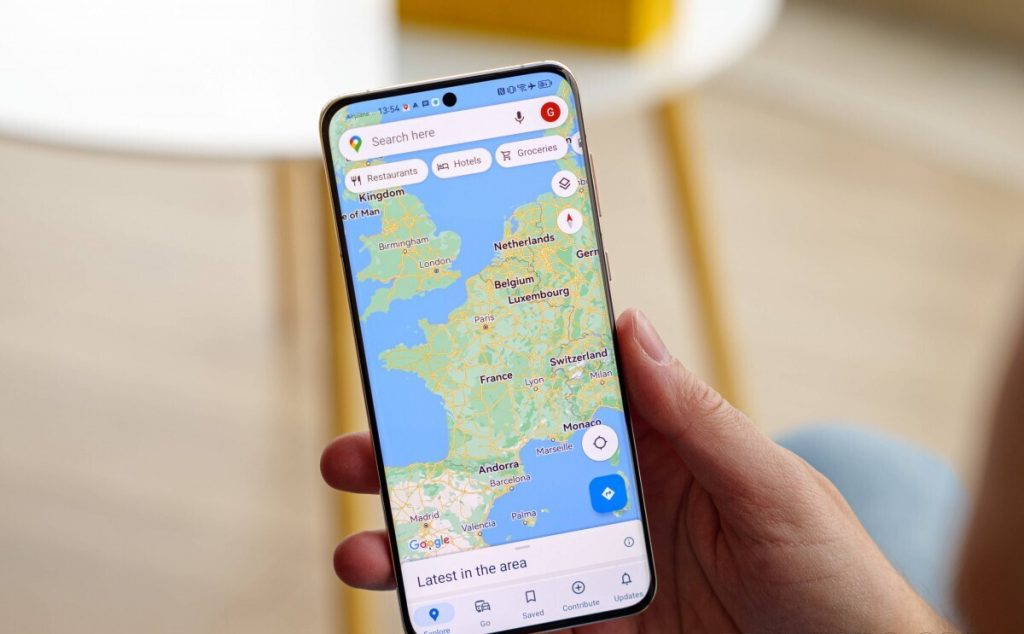In a recent revelation, Huawei introduced its highly anticipated HarmonyOS Next, signaling a significant departure from the Android ecosystem. The standout feature of this new operating system was the absence of support for APK files, the lifeblood of native Android applications. As users worldwide grappled with the implications of this announcement, Huawei CEO Richard Yu stepped in to provide clarity, particularly for the company’s international user base.
Contrary to initial concerns, Huawei clarified that overseas units would not undergo the transition to HarmonyOS Next. Instead, mobile phones and tablets outside of China will persist with EMUI, a HarmonyOS-inspired interface grounded in the Android Open Source Project. While EMUI lacks Google services and apps, it will continue to facilitate the seamless operation of native Android applications, alleviating concerns about potential disruptions to the user experience.
China Mobile, a major player in the telecommunications industry, emphasized Huawei’s commitment to supporting global developers. The company has fostered a thriving community of app developers dedicated to ensuring the compatibility and functionality of Android apps sourced from third-party stores on Huawei’s devices. This steadfast commitment aims to reassure users that despite the shift in operating systems within China, the global market will experience ongoing support for its preferred applications.
Huawei executives have consistently affirmed, both on and off the record, their dedication to expanding support for phones and tablets in international markets. Despite the challenges posed by geopolitical factors and software transitions, Huawei remains resolute in positioning itself as a major player in both software and hardware development within the dynamic landscape of mobile phones.
Importantly, Huawei has officially confirmed its decision to retain the Emotion UI (EMUI) branding for devices outside of China. This decision reflects the company’s strategic approach, prioritizing user comfort and familiarity while gradually paving the way for a potential shift to HarmonyOS. The utilization of EMUI ensures a seamless transition for users, allowing them to adapt gradually to changes in the operating system without sacrificing their preferred interface.

The commitment to EMUI for international devices underscores Huawei’s awareness of the importance of user acceptance. By maintaining a familiar interface and ensuring ongoing support for native Android apps, the company aims to build trust and confidence among its global user base. This measured approach reflects Huawei’s understanding of the delicate balance between innovation and user experience, especially in an era where technology transitions can be met with uncertainty.
In conclusion, Huawei’s announcement of HarmonyOS Next marked a significant milestone in the company’s evolution. However, the assurance of continued support for international devices through EMUI and native Android apps reaffirms Huawei’s commitment to providing a stable and user-friendly experience for its global user base. As the tech giant navigates the intricate landscape of operating system transitions, its dedication to supporting developers and prioritizing user familiarity positions Huawei as a resilient force in the ever-evolving world of mobile technology.



 Viesearch - The Human-curated Search Engine
Blogarama - Blog Directory
Web Directory gma
Directory Master
http://tech.ellysdirectory.com
Viesearch - The Human-curated Search Engine
Blogarama - Blog Directory
Web Directory gma
Directory Master
http://tech.ellysdirectory.com